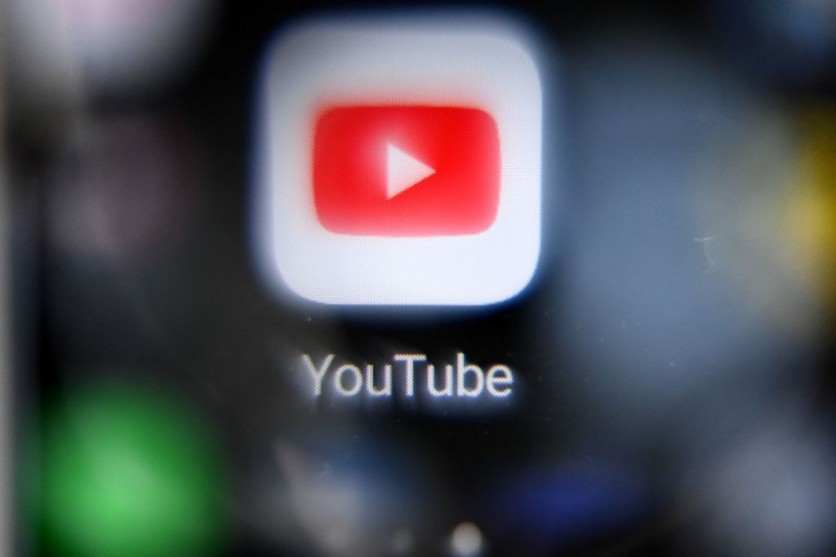In the ever-evolving landscape of digital content creation, YouTube has recently unveiled updated guidelines that specifically target AI-generated content on its platform. This move introduces a dual-tier system for content moderation, with distinct rules for music and a more lenient standard for a broad range of content, including podcasts.

Navigating YouTube's New AI Rules
YouTube introduced updated guidelines addressing AI-generated content within its platform. As highlighted by The Verge, the company is establishing a dual-tier system for content moderation. This entails a stringent set of rules dedicated to music and a more relaxed, almost challenging-to-enforce standard for other content types, encompassing podcasts.
Creators employing AI in their podcast production and individuals concerned about stumbling upon AI-generated voice replicas online will encounter only minor adjustments to adhere to the newly implemented rules. Initially, podcasts employing "realistic" AI-generated or altered content must clearly designate their videos as such.
This practice is already observed by prominent podcasts utilizing AI, such as The Joe Rogan AI Experience, making it a sensible requirement. Even with explicit labeling, viewers retain the right to request YouTube to remove videos that replicate an identifiable individual, encompassing their face or voice.
The decision ultimately rests with YouTube and hinges on factors like whether the content is deemed satire or if the individual being replicated holds public figure status. In contrast, music lacks similar exceptions, as YouTube prioritizes maintaining positive relationships with labels, recognizing the comparatively lesser influence of the podcast lobby.
Set to Implement Next Year
The guidelines set to be implemented next year are addressing the void in a comprehensive legal framework for handling AI-generated content. Although YouTube's attempt to take action is evident, The Hill reported that its effectiveness is inherently limited, and the absence of a clear legal foundation may result in enforcement decisions that are confusing and inconsistent.
According to Emily Poler, an attorney specializing in copyright infringement cases, these guidelines lack the weight of law and the transparency of an open process. Making principled decisions in challenging situations may be difficult for YouTube, and such decisions could end up being delegated to relatively lower-level employees, potentially impacting their success.
The landscape of content moderation has presented significant challenges for various platforms, even prior to the integration of artificial intelligence (AI). Each platform has responded with a unique strategy in addressing this intricate issue.
Spotify stands out for its permissive stance, going as far as encouraging the incorporation of AI-driven spoken-word content. In contrast, Audible has opted for a more restrictive approach, imposing a blanket prohibition on AI-narrated audiobooks.
YouTube, positioned between these two extremes, seems to be treading a middle ground. Instead of outright encouragement or prohibition, the platform appears to be adopting a balanced approach to AI-generated content moderation.
The upcoming implementation of new AI rules on YouTube will undoubtedly provide insights into how this middle-ground strategy plays out in the real-world dynamics of content creation and consumption. The varying approaches among these platforms underscore the ongoing quest for effective and adaptable content moderation strategies in the age of AI.
Related Article : YouTube Labels AI-Generated Content, Requiring Creators to Disclose Use


![Apple Watch Series 10 [GPS 42mm]](https://d.techtimes.com/en/full/453899/apple-watch-series-10-gps-42mm.jpg?w=184&h=103&f=9fb3c2ea2db928c663d1d2eadbcb3e52)


